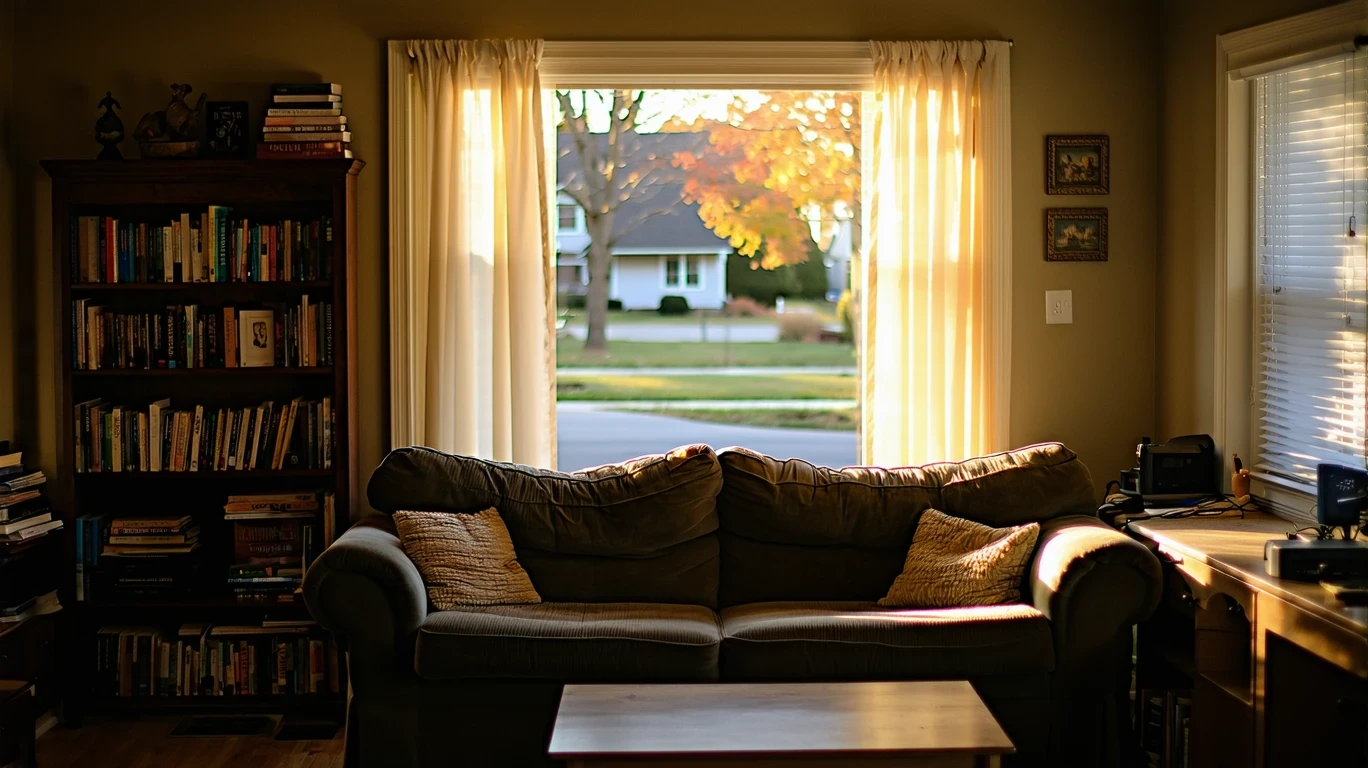Yukon is considered moderately affordable in 2025, with average rent for a 2-bedroom apartment around $1,250 and slightly lower utility costs compared to the national average.
For those considering a move to the Oklahoma City metro area, Yukon offers an attractive combination of affordability and suburban amenities. In 2025, a couple can live comfortably in Yukon on a gross monthly income of around $4,500, while a family of four may require closer to $6,500 per month before taxes. Let’s break down the key expenses.

Housing Costs in Yukon
Housing is the biggest factor in Yukon’s cost of living. Typical options include:
- Renting a 2-bedroom apartment: $1,100 – $1,400/month
- Renting a 3-bedroom house: $1,500 – $2,000/month
- Buying a 3-bedroom house: $250,000 – $350,000 (median price around $300,000)
Newer developments on the west side of Yukon tend to have higher prices, while older neighborhoods closer to the city center are relatively more affordable. Some neighborhoods have optional HOA fees ranging from $30 – $100/month.
For homebuyers, Yukon’s property taxes are around 1.1% of assessed value annually. On a $300,000 home, that equates to about $275/month.
Utility Costs
Yukon residents enjoy utility costs that are slightly below the national average. For a 1,000 sq ft apartment, typical monthly bills include:
| Utility | Estimated Monthly Cost |
|---|---|
| Electricity | $80 – $120 |
| Gas | $30 – $50 |
| Water/Sewer/Trash | $60 – $80 |
| Internet | $50 – $80 |
Electricity costs tend to spike in the summer months due to air conditioning needs. Enrolling in an average billing plan can help smooth out seasonal fluctuations.
Groceries and Dining Out
Food costs in Yukon are on par with the national average. Expect to spend around $300 – $400 per person per month on groceries, depending on your diet and shopping habits. A gallon of milk runs about $3.50, while a dozen eggs cost around $2.00.
Dining out is quite affordable in Yukon compared to larger metros. A meal for two at a mid-range restaurant averages $40 – $60, while fast food combos are around $8 – $10.
Transportation and Vehicle Costs
Yukon is a car-dependent suburb, so transportation costs are an important consideration. Assuming 12,000 miles of driving per year, Yukon residents can expect to spend around:
- $200/month on gas (at $2.50/gallon)
- $80/month on car insurance
- $40/month on maintenance and repairs
- $200 – $500/month on car payments (if financing)
Oklahoma’s vehicle registration fees are relatively low at 1.25% of value, which works out to about $15/month for a $15,000 car. Commute times in Yukon average 20-30 minutes each way.
Sample Monthly Budget for Yukon
| Expense Category | Single Person | Couple | Family of 4 |
|---|---|---|---|
| Housing (Rent/Mortgage) | $900 | $1,300 | $1,800 |
| Utilities | $200 | $280 | $380 |
| Groceries | $350 | $700 | $1,200 |
| Transportation | $400 | $600 | $800 |
| Healthcare | $300 | $600 | $1,000 |
| Dining/Entertainment | $300 | $500 | $600 |
| Savings/Misc | $400 | $600 | $800 |
| Total Monthly Budget | $2,850 | $4,580 | $6,580 |
These figures represent gross (pre-tax) income needed to afford a comfortable lifestyle in Yukon. Actual budgets will vary based on individual circumstances and spending habits.
Lifestyle Considerations
Yukon offers a suburban lifestyle with easy access to the amenities of Oklahoma City. Residents enjoy spacious homes, good schools, and plenty of parks and recreation options. The tradeoff is a slightly longer commute for those working downtown.
Compared to living in the heart of OKC, Yukon provides more square footage for your dollar, lower crime rates, and a tight-knit community feel. However, it may not have the same level of nightlife, diversity, or public transit options as the city center.
Overall, Yukon is an attractive option for families and professionals who prioritize affordability, safety, and a relaxed pace of life. With some smart budgeting and strategic moving choices, it’s a very livable city on a moderate income.
Frequently Asked Questions
Is Yukon cheaper than living in Oklahoma City?
Yes, Yukon tends to be 10-20% less expensive than neighborhoods closer to downtown OKC, especially when it comes to housing. However, transportation costs may be slightly higher for Yukon commuters.
Are utilities expensive in Yukon?
Yukon’s utility costs are actually a bit below the national average. The typical household spends around $200 – $300/month on electricity, gas, water, and internet combined.
How much do I need to make to live comfortably in Yukon?
A single person can live comfortably in Yukon on a gross monthly income of around $3,000. For a couple, aim for at least $4,500/month before taxes. Families with children will need $6,000+, depending on size and lifestyle.
Is Yukon a good place to buy a house?
Yukon can be a great place to purchase a home, with median prices around $300,000 for a 3-bedroom. The market has remained relatively stable, and property taxes are reasonable for the area at 1.1%.
What is the sales tax rate in Yukon?
As of 2025, Yukon’s total sales tax rate is 8.5%, which includes a 4.5% state tax and a 4% city tax. This is slightly below the average for the OKC metro.
How much should I budget for groceries in Yukon?
Plan on spending around $300 – $400 per person per month for groceries, depending on your household size and eating habits. This is right in line with the national average.
What are the best neighborhoods in Yukon?
Some of the most desirable neighborhoods in Yukon include Westbury, Kingsridge South, and Parkland Estates, which offer newer homes and great amenities. For more affordable options, look in the city center or Mulvey’s Yukon Addition.
